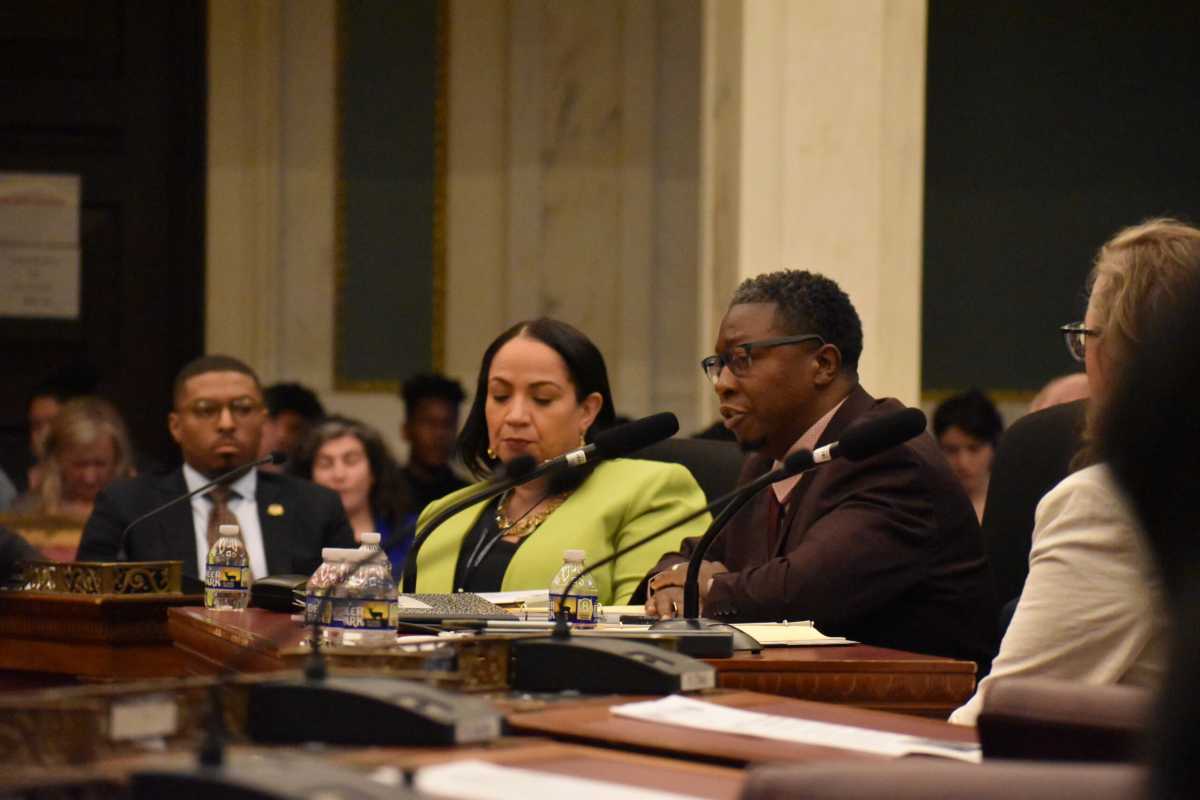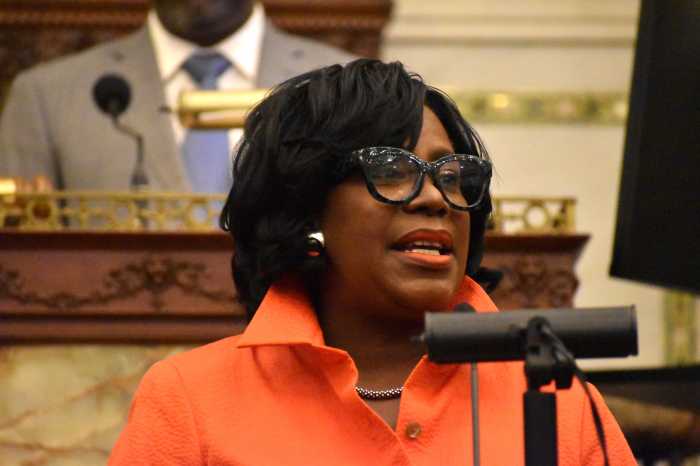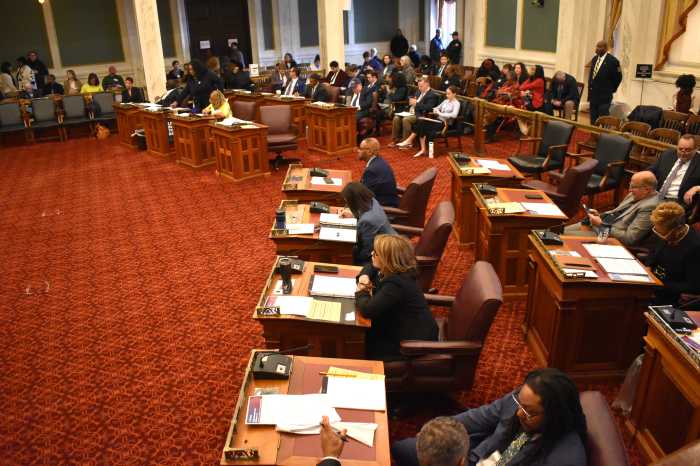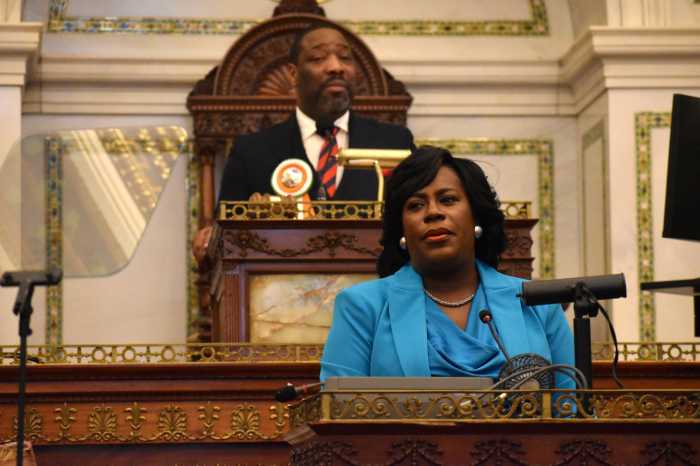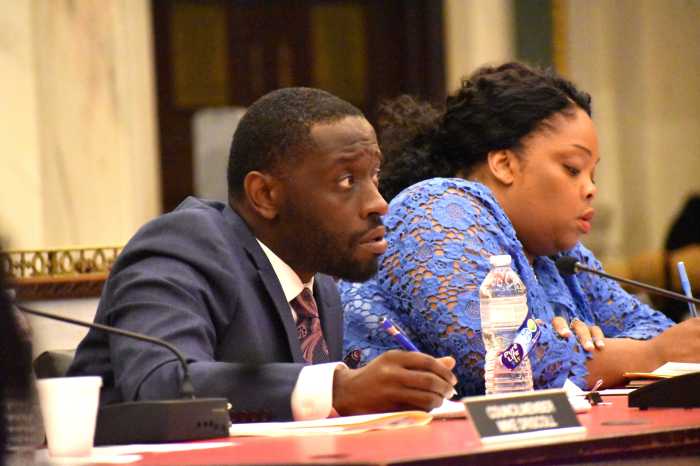Philadelphia’s inspector general has found that the city’s homeless services office “knowingly” overspent in the face of budget cuts as the department racked up nearly $15 million in debt over the last four years.
In response to pandemic-related budget cuts and the end of emergency federal funding, Liz Hersh, former executive director of the Office of Homeless Services, never considered cutting services for the unhoused population, the preliminary report states.
Instead, OHS manipulated contracts in order to continue paying nonprofit organizations that operate shelters and other programs, sometimes carrying payments from one fiscal year to the next, when the department’s coffers were replenished, the inspector general found.
“Leadership was driven by the mission, and fiscal considerations became an afterthought,” Office of Inspector General investigators wrote in the 15-page document.
The report, released last week, is the first official account of what led to the OHS’s deficit, which has received scrutiny from lawmakers currently reviewing Mayor Cherelle Parker’s first municipal budget proposal.
Its findings figure to play a role in how City Council decides to handle the OHS budget for the next fiscal year, which begins July 1. Parker and legislators must agree on a spending plan by the end of June.
Although the findings do not allege any illegal activity, “a number of investigative questions remain, including the scope of individual accountability” and “possible criminal or civil implications for fraud or misrepresentations,” the OIG wrote.
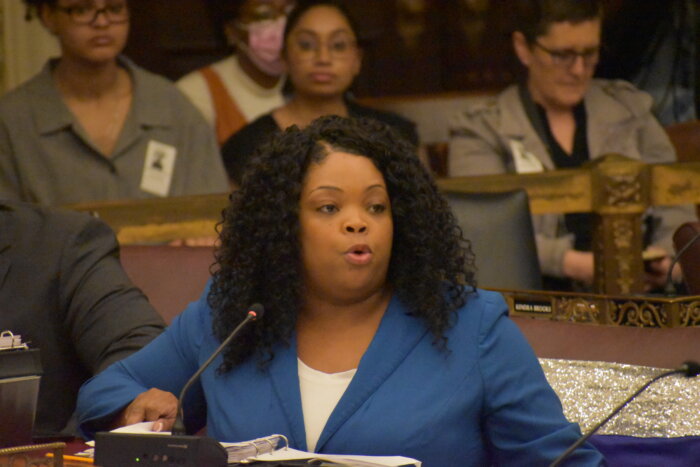
An April 15 City Council budget hearing was punctuated by Majority Leader Katherine Gilmore Richardson asking each member of OHS’s leadership team to say whether they had “personally benefited” from money earmarked for homeless services. All of the officials denied stealing money.
There are also “many open questions” about whether contractors were overpaid or overbilled OHS, the OIG said.
“Looking backward, the only way to properly assess the risk is to painstakingly unravel the department’s morass of service contracts, payment by payment,” investigators wrote in the report.
Parker in February hired an outside accounting firm, Horsey, Buckner & Heffler LLP, to aid OIG as it audits the department.
Hersh served as OHS’s leader from the early days of Mayor Jim Kenney’s administration in 2016 until resigning in October, and the report said that she was focused on the office’s mission of aiding the unhoused and “disinterested” in budgetary matters.
She described the OIG’s findings as fair in interviews with multiple media outlets, including the Inquirer and KYW Newsradio. Hersh in March told Metro she “makes no apologies” related to her management of OHS.
The inspector general traces problems with the office’s finances to the 2021 municipal budget, when City Council and Kenney cut OHS’s general fund allocation by around $17 million as part of a round of virus-related spending reductions.
Initially, OHS maintained service with $35 million in federal CARES Act funding, and the next annual city budget restored a portion – but not all – of the general fund dollars that were previously cut. There was a $4 million budget gap, the OIG report says.
Hersh decided not to slash services, believing that “some future opportunity to retroactively balance the budget” would arise, the investigators wrote.
To pay service providers, OHS deferred payments across fiscal years; set aside a small amount of a contract’s full value when submitting financial documents; made “ad-hoc” decisions about which nonprofits to pay first; and stretched payments for prior services across multiple contracts.
“Fundamentally, this deficit exists because OHS entered into too many contracts of too much value,” the OIG wrote. “This was a deliberate agency action that cannot be ignored and is very clearly evidenced by the department’s internal planning documents.”
Peter Curran, the office’s deputy director, admitted as much during the City Council hearing, and interim OHS Executive Director David Holloman attempted to assure lawmakers that the overspending would not happen again.
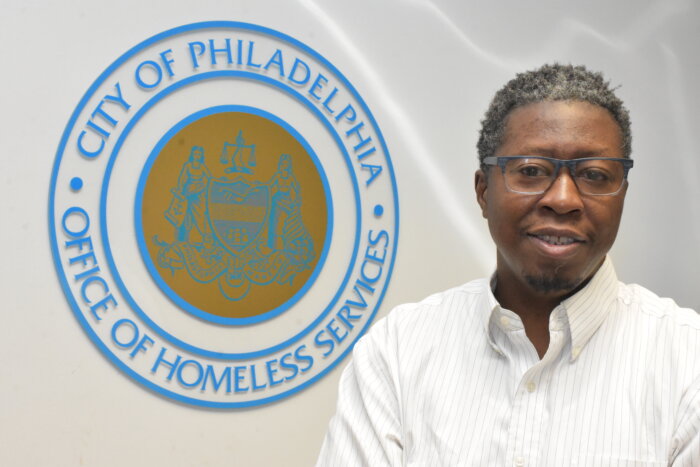
Gilmore Richardson, and a few others, seemed unconvinced. OHS leaders are expected to return for another budget hearing May 6.
Parker’s spending plan would allocate $88.7 million to OHS, $2.8 million less than the office anticipates spending this year. The department’s budget documents indicate the decrease is primarily due to one-time funding to help cover its deferred invoices.
Holloman, who served as Hersh’s chief of staff, has said he has put in place a corrective action plan and instituted multi-layer reviews for contracts. He said the office has also reworked all contracts to be on the city fiscal year to simplify its finances; some had been operating on a calendar year term.
The OIG recommended that the Parker administration strengthen the finance department’s oversight. Investigators characterized the contract approval process as a “perfunctory verification.”
In addition, the inspector general suggested the city impose stricter encumbrance rules, requiring departments to allocate more money up front for contracts; track additional financial data; evaluate an exemption that allows contracts to be signed with nonprofits with fewer hurdles; and limit the mixing of city and grant funds for one contract.
Holloman, in a letter accompanying the report, accepted the findings and said his office “will consider the guidance and every suggested action step, tactic, and tool to mitigate future budgetary mishaps.”
Beyond the brief letter, OHS declined to comment on the report.



